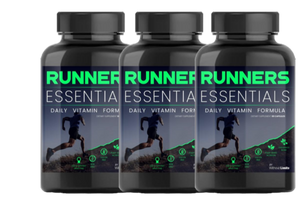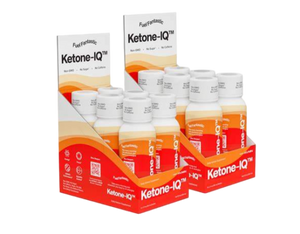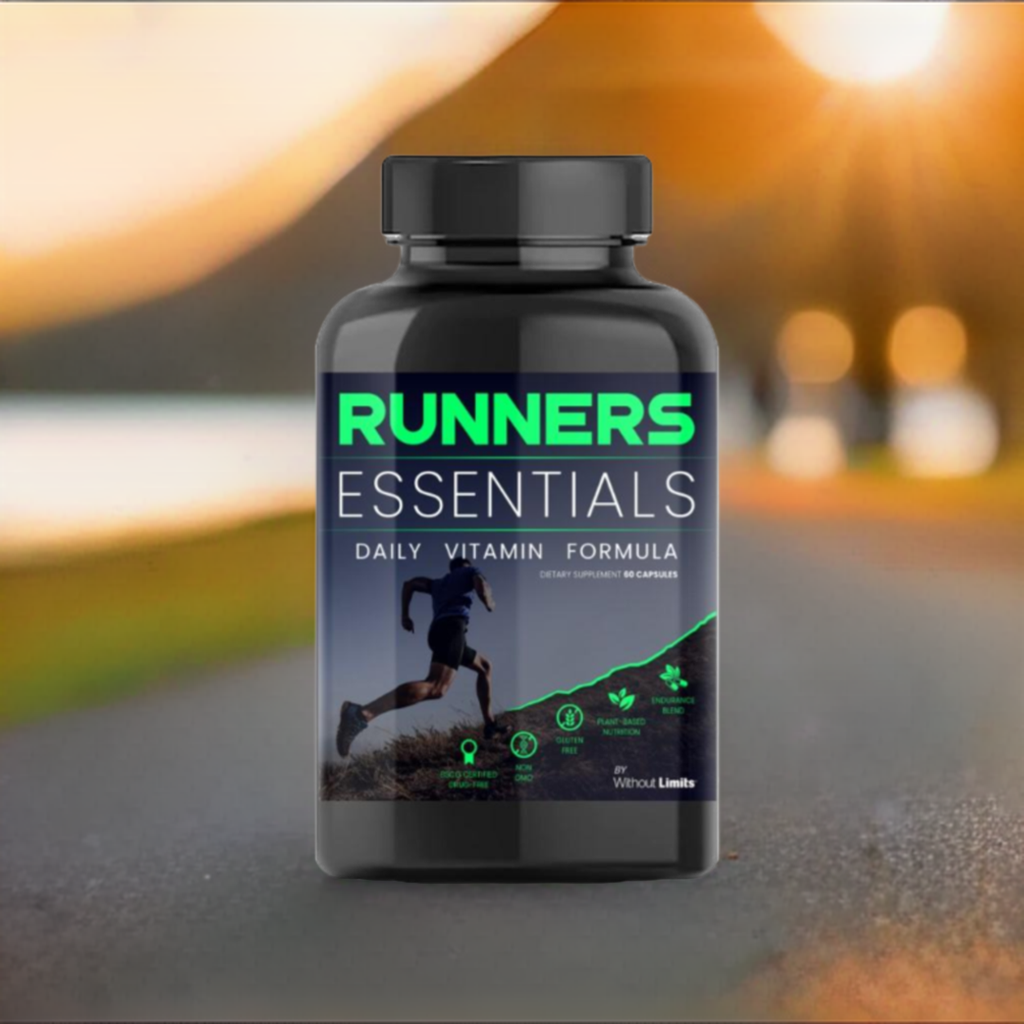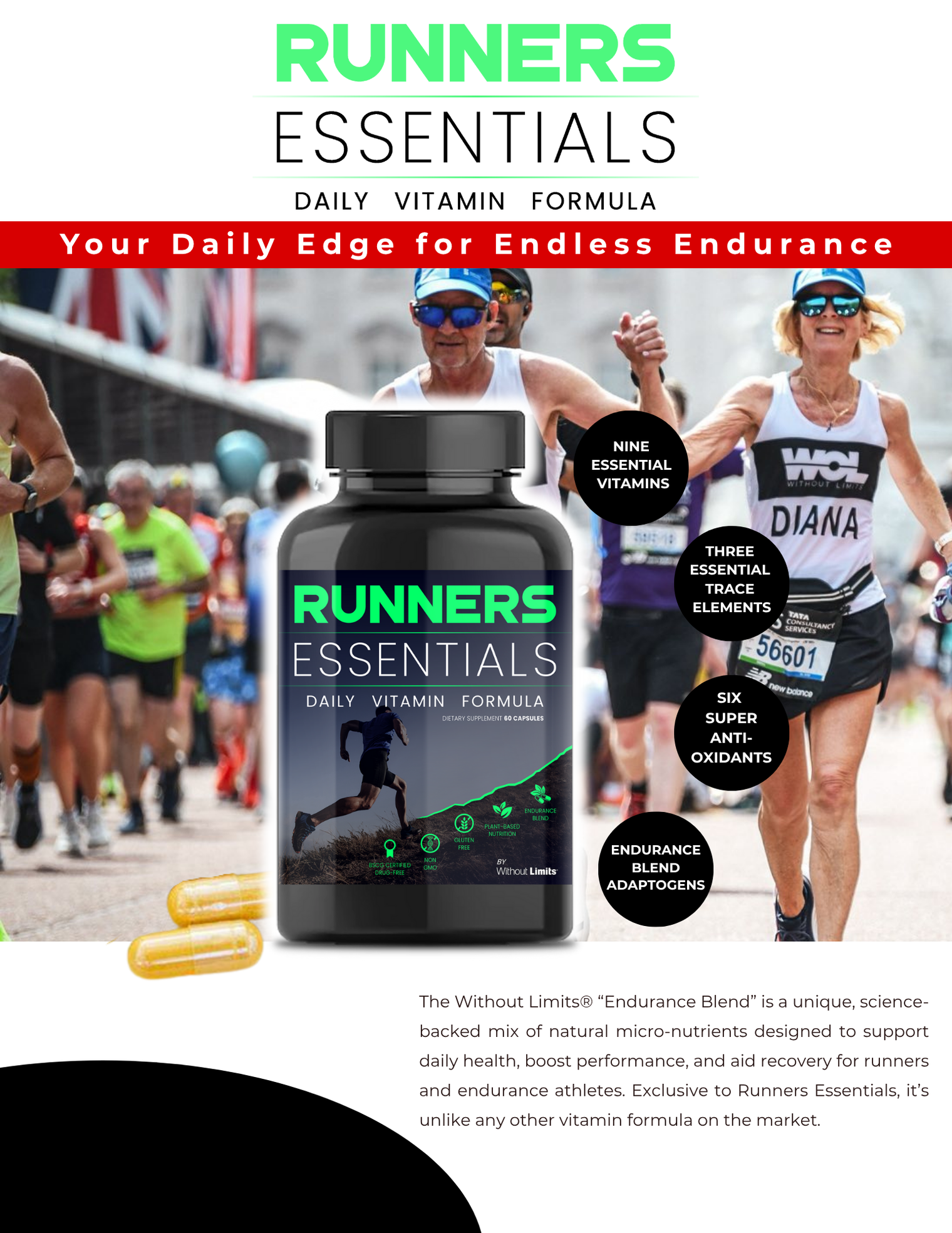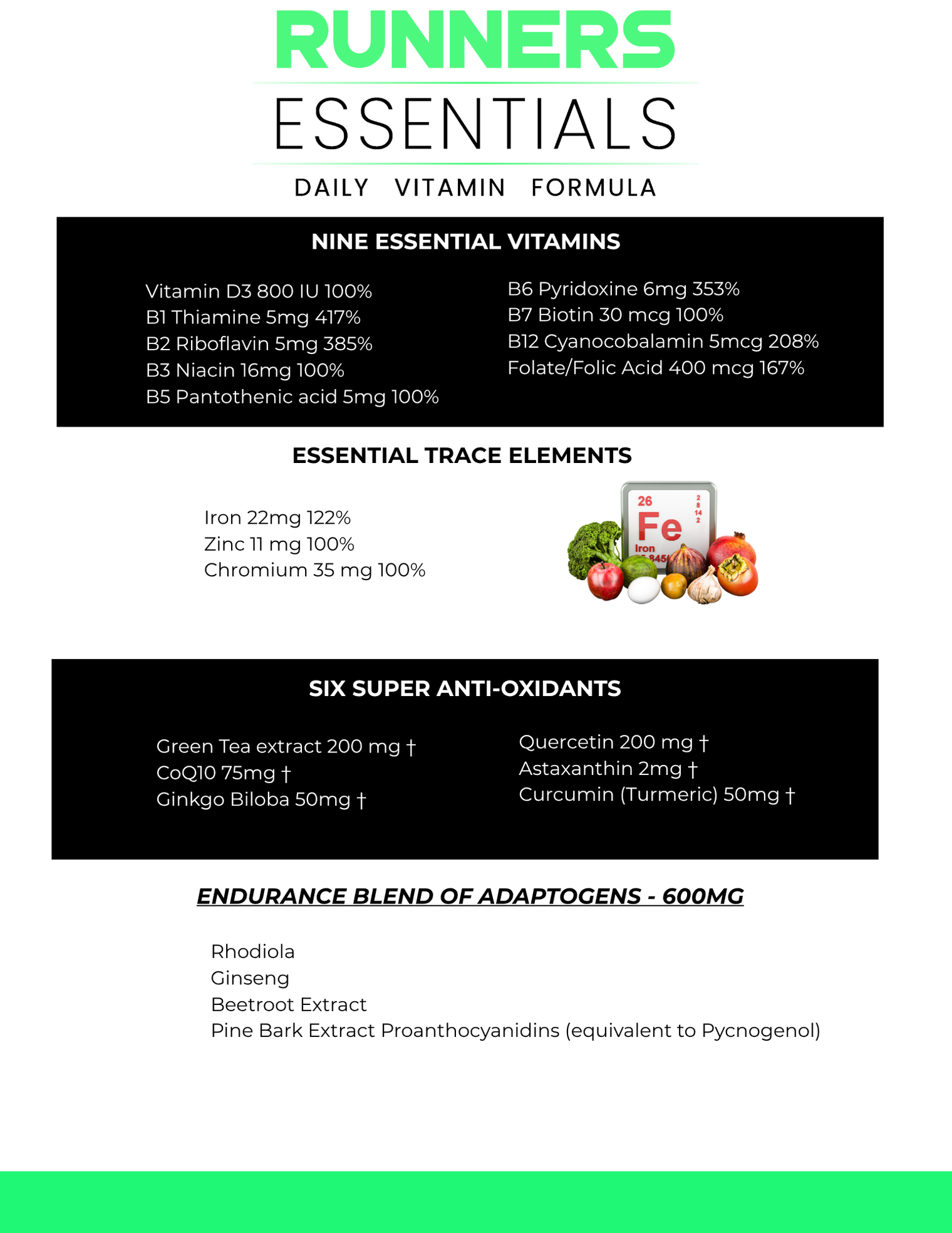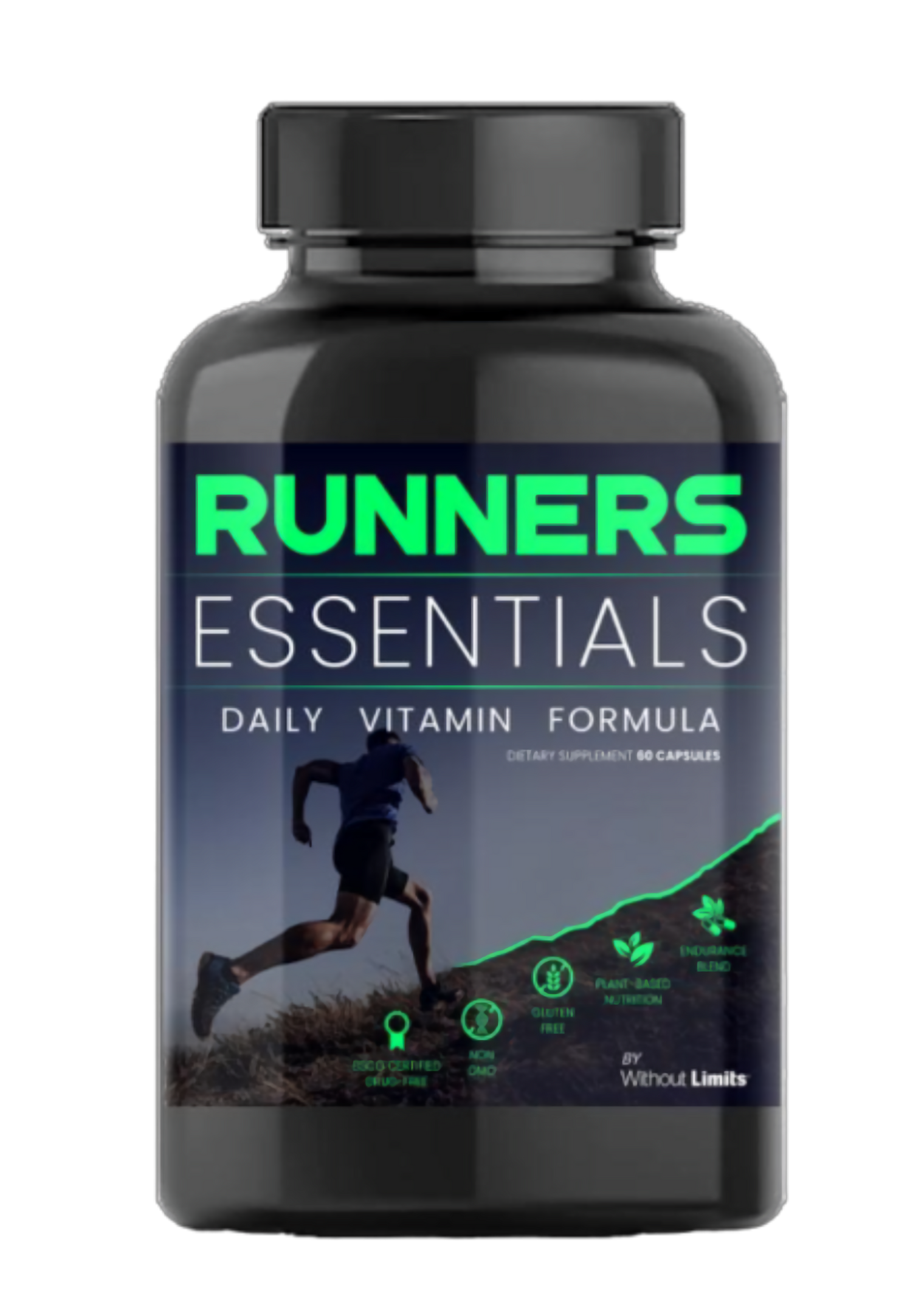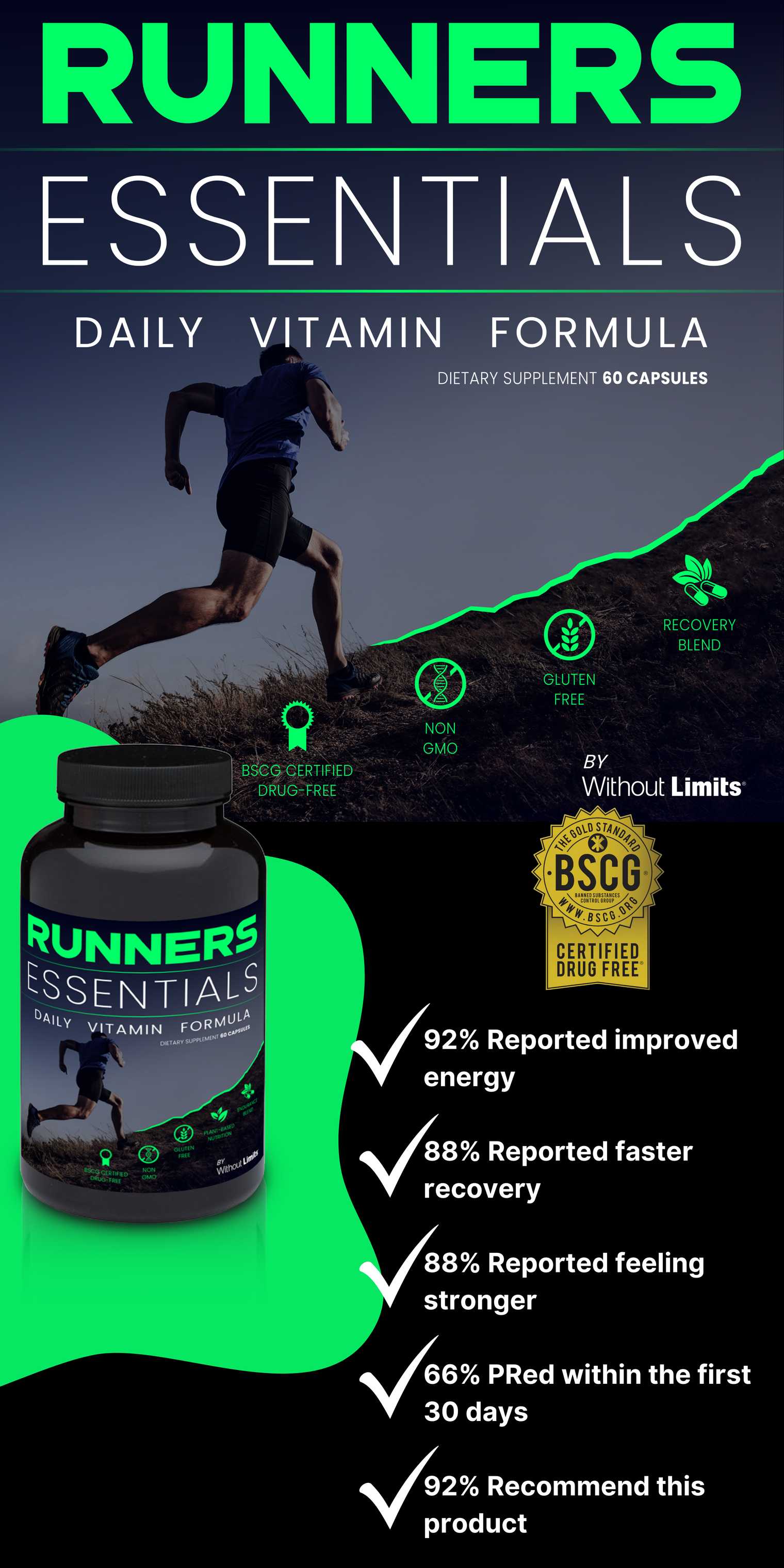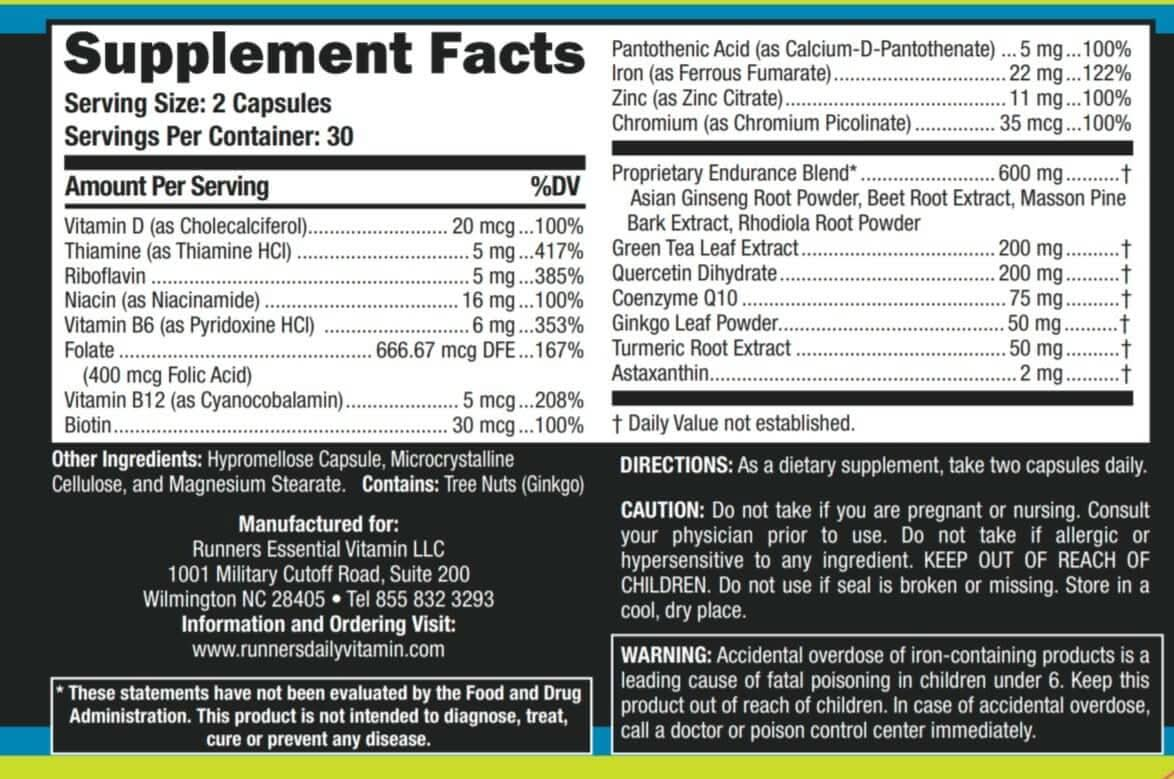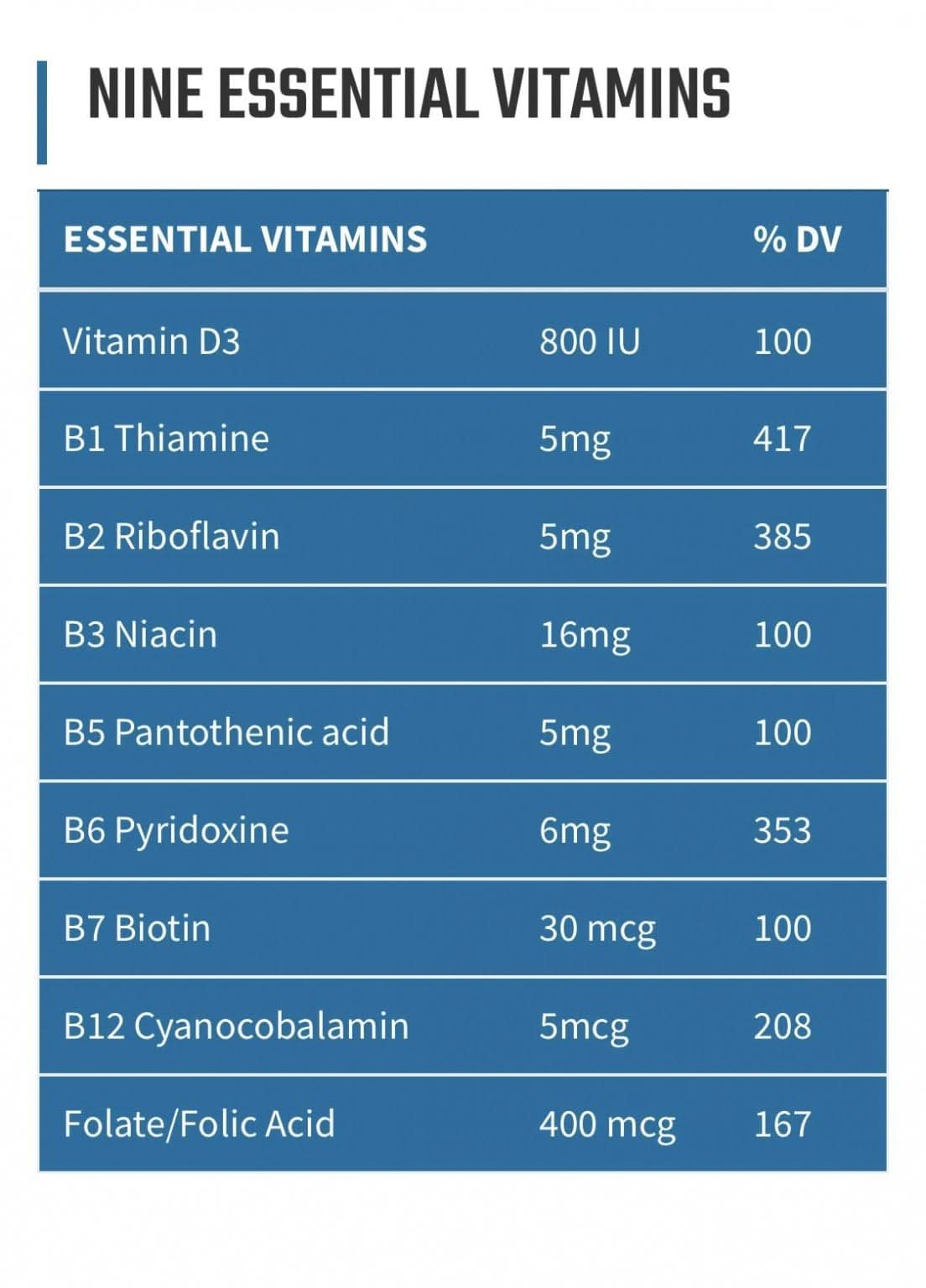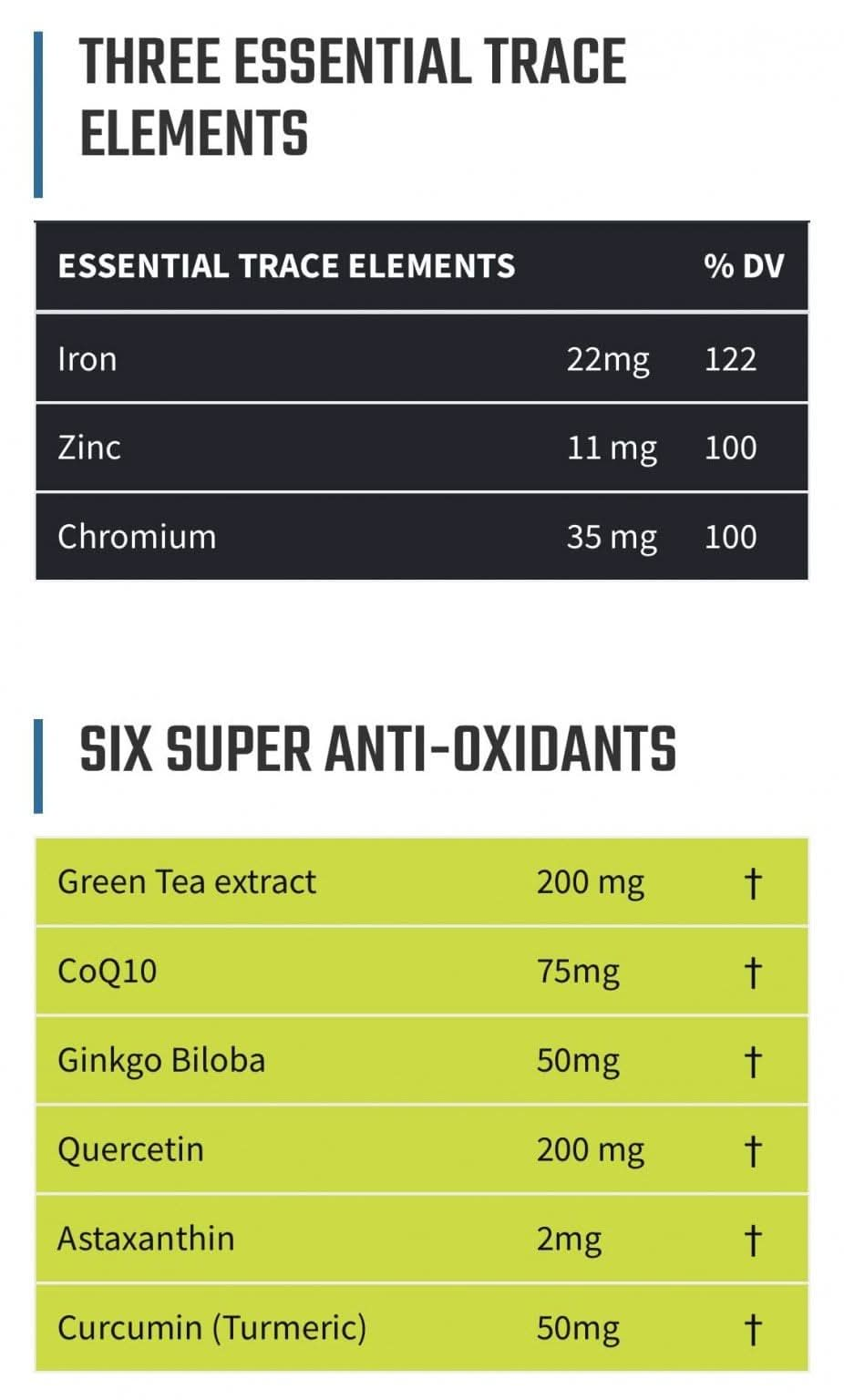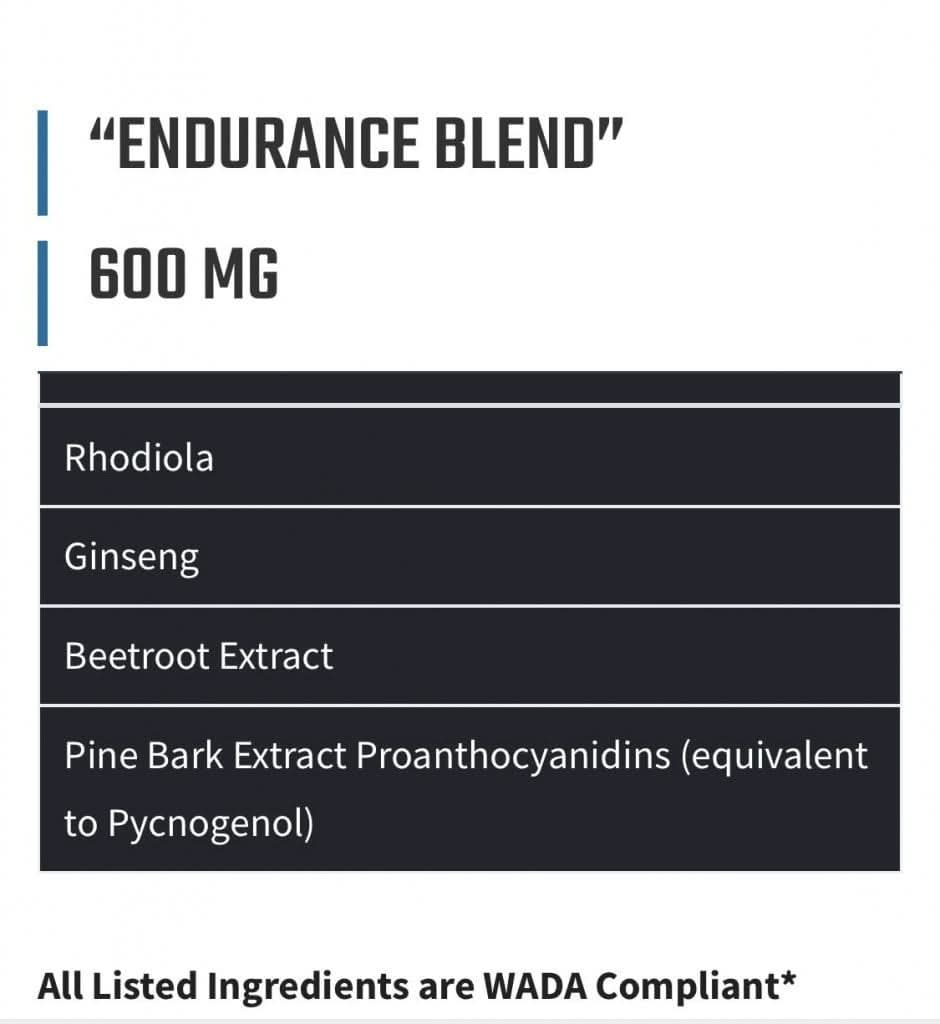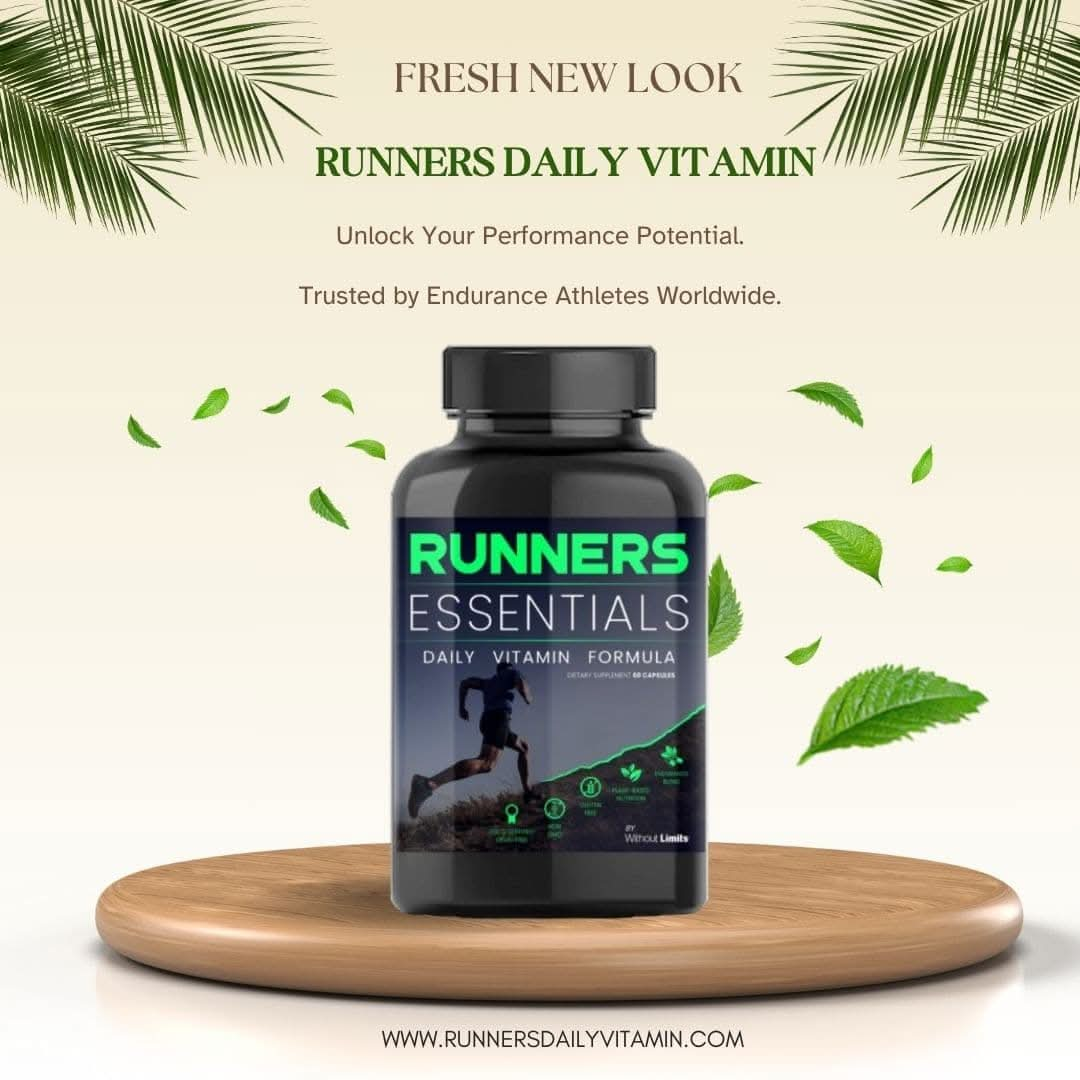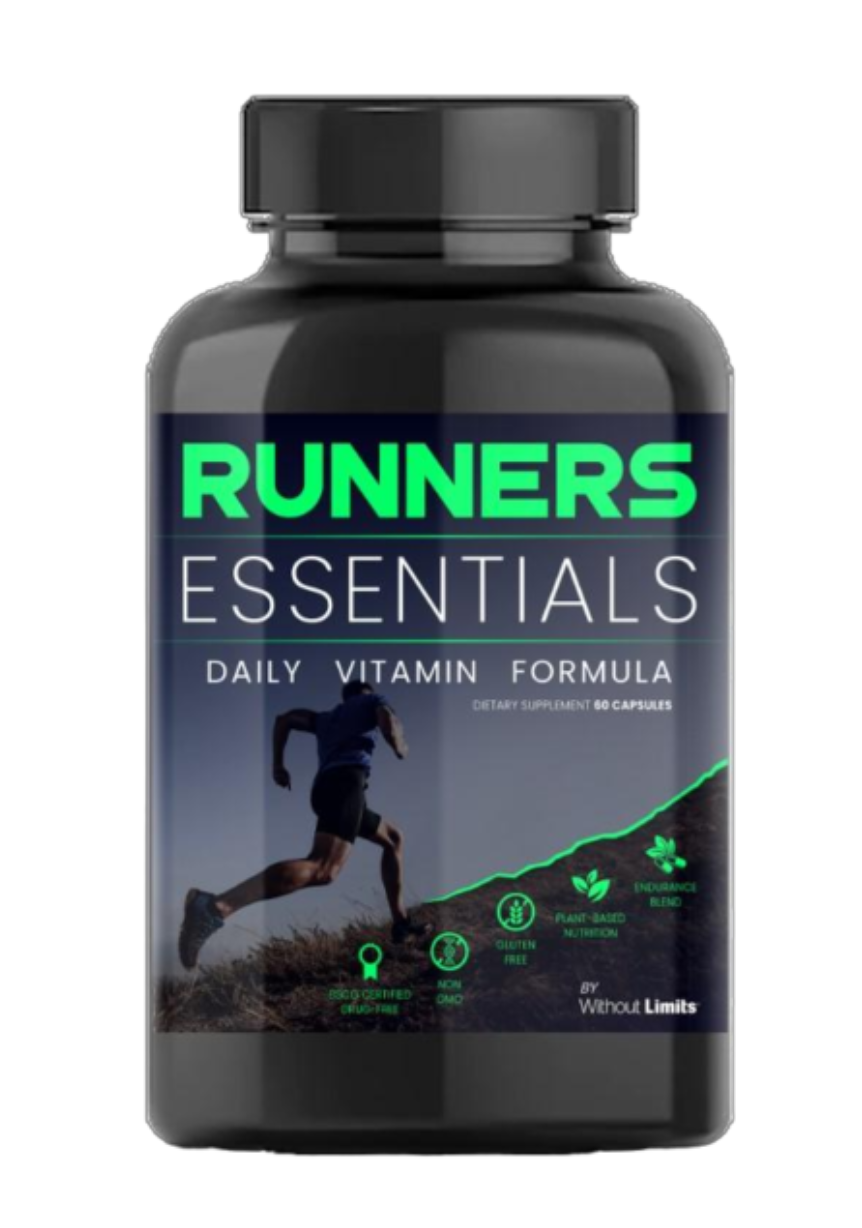You’ve probably been hearing a lot about vitamin D lately, and how it’s vital to your overall health. There’s an abundance of research on the benefits of this essential compound.
And yet, it’s estimated that 80 percent of certain populations in America have lower than recommended levels. Plus, the definition of what constitutes a deficiency has changed over the years, making determining the scale of the problem even more difficult.
If you’re confused about vitamin D and what you need to know for vibrant health, here’s what I tell my patients:
Why your body needs vitamin D
Vitamin D receptors are present in nearly every tissue and cell in the body, making it essential for maintaining many of the body’s physiological functions. At a minimum, vitamin D maintains bone health by helping your body absorb calcium. A deficiency over a prolonged period of time can lead to a loss in bone density and a higher likelihood of fractures and falls as you age.
Research also suggests that adequate vitamin D levels may help lower your risk of developing heart disease. A 10ng/ml increase in vitamin D levels results in a decrease in C Reactive Protein (CRP), which is a marker associated with heart disease (the higher the CRP levels, the higher the risk of heart disease). Higher CRP levels are also indicative of other inflammatory illnesses in the body.
Vitamin D is essential for the normal and healthy functioning of the immune system. When adequate levels of vitamin D are not maintained, the microglia—the immune cells of the central nervous system that initiate temporary inflammatory responses to attack foreign invading organisms—are unable to function optimally. As a result, people with low levels of vitamin D can be at a higher risk of developing a host of inflammatory conditions.
How much vitamin D is enough?
Vitamin D is a fat-soluble vitamin, which means that it’s stored by the body in fat tissue and remains on reserve for future use. This also means, of course, that it’s possible to reach toxic levels if too much is taken.
The Institutes of Medicine (IOM) recommends daily intake of up to 600 IUs per day, and up to 800 IUs per day for those over 70 years old. The IOM also suggests, however, that some people may need much larger doses depending on their state of health.
These are general recommendations, of course. The only way to determine appropriate dosage is by having serum levels measured by asking your doctor to order a “Vit. D 25-OH-D” test (also called Vit. D 25, Hydroxy). This is the best test to accurately determine if you have adequate levels of vitamin D in your body. Serum levels are considered normal in the 30 to 100ng/ml range. But when the goal is optimal health, maintaining a level of 50 to 60ng/ml is ideal.
How to get more vitamin D
You can make sure you’re getting enough vitamin D by obtaining it in a few ways:
Exposure to sunlight
Vitamin D3 is produced when bare skin is exposed to UV rays. Factors such as sunscreen use and your geographic location can all affect your vitamin D level. Experts say that approximately 5 to 10 minutes per day outside without sunscreen, two to three times a week, can help you maintain adequate levels.
Food sources
While there are not too many foods that naturally contain vitamin D, good sources include fatty fish such as tuna, salmon, sardines, and mackerel. It can also be found in eggs (specifically the yolks) and in liver.
Nutritional supplements
Taking a daily supplement of vitamin D is an easy and effective way to maintain adequate levels in the body. However, because vitamin D is fat-soluble, it’s harder for your body to eliminate it if levels get too high. Therefore, make sure to talk to your physician about the dosage that’s best for you. Make sure to only use supplements from a reliable manufacturer, given that supplements are not FDA regulated.
